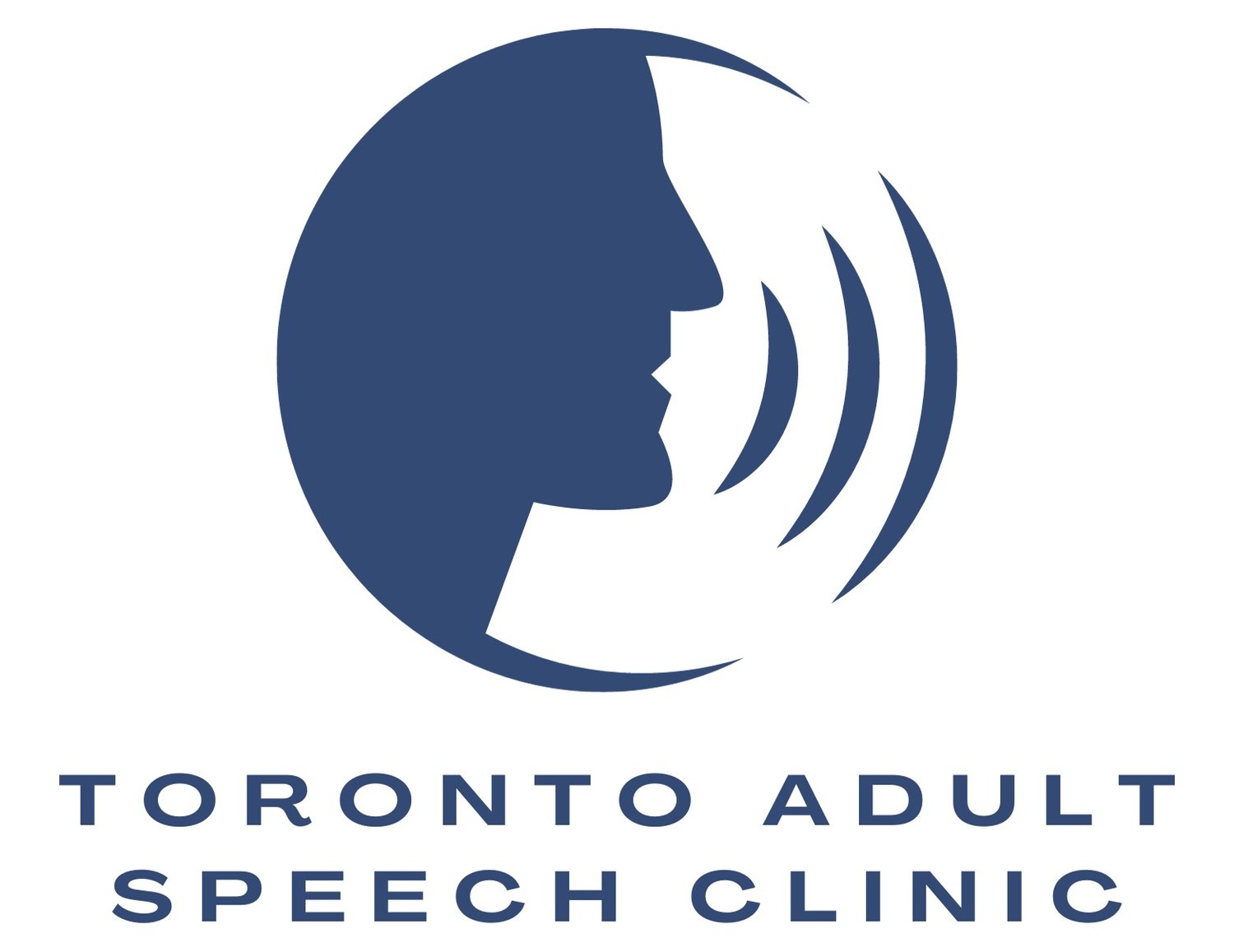Hormones and the Voice
Hormones and the Voice
The benefit of voice therapy on treating hormone-related voice changes
For many years, research has established a relationship between the hormonal changes that occur during menstruation and after menopause with fluctuations in voice quality. For some cisgender women, transgender males or non-binary individuals who experience these hormonal fluctuations, this can create challenges in day-to-day voice use. If they are singers, these changes can affect the function of the singing voice in areas such as quality, range, and projection.
When these fluctuations in hormone levels occur, they result in physiological changes around the body. At the level of the vocal folds for example, as estrogen levels decrease, water retention increases. This can make the tissues of the vocal folds more bulky and cause issues like greater fatigue and instability, loss of power in the voice, and reduced access to higher pitches.
For those who are not singers, hormonal changes still impact the vocal folds and can impact qualities of the speaking voice- such as lower or creaky voice quality, or an increased amount of effort required to project the voice.
Aside from voice therapy, there are alternative approaches sought by singers to reduce the impact of these hormonal changes on the voice. In some cases, hormone-replacement therapy can prevent some of these voice quality changes. Also, singers report that being on birth control (oral contraceptives) results in minimal changes to voice quality. In these cases, this is because the hormonal changes associated with the menstrual cycle are dampened or stabilized by the pill so the function of the voice remains unaffected.
There are also people who seek forms of physical or adjustment therapies to cope with the effects of hormonal changes (i.e. changes in the voice, pain and discomfort, etc.)- however research does not appear to support the efficacy of these treatments at this time based on a number of Cochrane Reviews.
One example sought by singers is cervical-thoracic therapy. In a recent paper (2018), Ouyoung, et al. investigated and compared the benefits of cervical-thoracic therapy to those of voice therapy. They found that cervical-thoracic therapy improved a person’s perception of their voice quality by only 7.8%, whereas voice therapy resulted in an average improvement of 67%. Furthermore, in this study a more objective measure of voice quality and efficiency improved by 57% following voice therapy.
Whatever the impact on a person’s life- research suggests that voice therapy with a registered speech language pathologist can reduce the impact of these hormone-related changes on the voice and improve overall vocal function.
Want more information on how we can help? Contact us or book your initial consultation with our speech-language pathologist.

